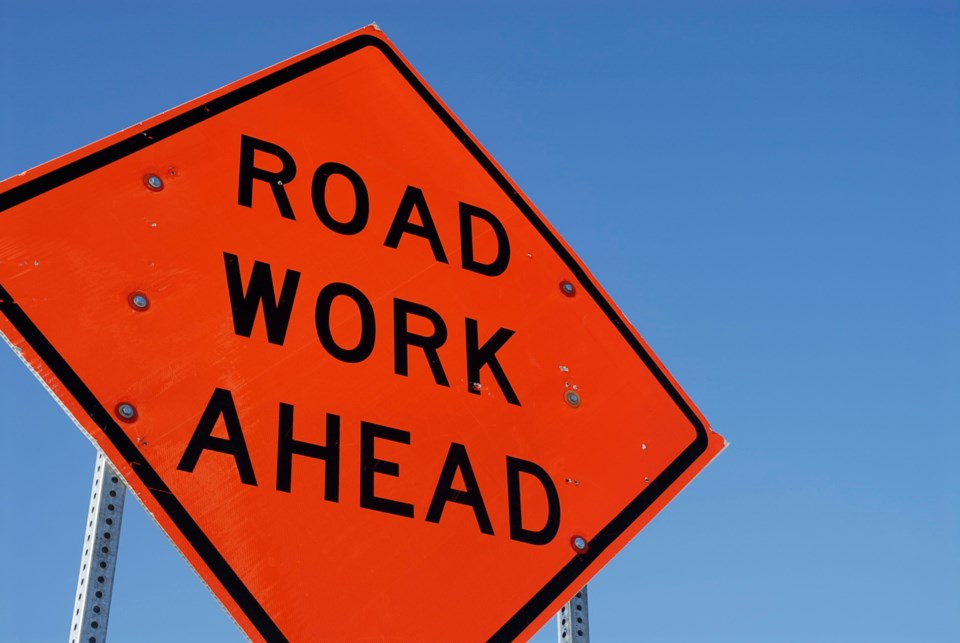The Sault Ste. Marie Tribe of Chippewa Indians will receive nearly $19.8 million to make multimodal improvements on critical routes to essential services, the Department of Transportation announced today. Partial text of the release follows:
Today, U.S. Secretary of Transportation Pete Buttigieg announced that the Biden-Harris Administration has awarded $52 million to support four projects in Michigan from the Rebuilding American Infrastructure with Sustainability and Equity (RAISE) program to help move forward on projects that modernize roads, bridges, transit, rail, ports, and intermodal transportation and make our transportation systems safer, more accessible, more affordable, and more sustainable. This year’s total allocations nationwide include more than $2.2 billion thanks to the President’s Bipartisan Infrastructure Law, which provides an additional $7.5 billion over five years for the program to help meet the strong demand to help projects get moving across the country.
“We are proud to support so many outstanding infrastructure projects in communities large and small, modernizing America’s transportation systems to make them safer, more affordable, more accessible, and more sustainable,” said U.S. Transportation Secretary Pete Buttigieg. “Using funds from President Biden’s Bipartisan Infrastructure Law, this year we are supporting more projects than ever before.”
Projects were evaluated on several criteria, including safety, environmental sustainability, quality of life, economic competitiveness and opportunity, partnership and collaboration, innovation, state of good repair, and mobility and community connectivity. Within these areas, the Department considered how projects will improve accessibility for all travelers, bolster supply chain efficiency, and support racial equity and economic growth – especially in historically disadvantaged communities and areas of persistent poverty.
In Michigan, the following projects will benefit from RAISE awards:
- Ozhitoon Mino-Bimaadiziwin Project – The Sault Ste. Marie Tribe of Chippewa Indians will receive nearly $19.8 million to make multimodal improvements on critical routes to essential services, including reconstructing 3 Mile Road with a non‐motorized path, reconstructing the Shunk Road corridor, redesigning, and reconstructing the Casino Road loop, among other improvements. This project will provide improved, reliable, and equitable connections between housing, schools, the community center, and essential services for the Tribal members and the surrounding community. The current state of many of these roads makes them an ongoing maintenance project, which recurs every spring, and costs the community money. The project will result in significant maintenance savings. The project also has some innovative components including solar powered-lighting and the use of online platforms to conduct targeted public outreach to the road service areas.
- Detroit Mobility and Innovation Corridor – The Michigan Department of Transportation will receive $25 million to reconstruct approximately 1.9-miles of US-12 (Michigan Avenue) to create a multimodal corridor in Downtown and Corktown Detroit..
- Downtown Kalamazoo Transportation Network Planning – The City of Kalamazoo will receive a $5.9 million planning grant for redesign to make Downtown Kalamazoo more walkable based upon a Complete Streets design, including converting Kalamazoo Avenue from a one-way street to a two-way street.
- Northern Michigan Rail Planning Phase II Study and Service Development Plan – The Cadillac/Wexford Transit Authority will receive $1.3 million for a planning project involving the development of a Service Development Plan to consider new train services through fifteen counties between southeast Michigan and northern lower Michigan. The project will help reduce vehicle miles traveled, reduce emissions, reduce crashes, and increase mobility options. Additionally, it could help expand access to essential services, such as educational and employment opportunities.



